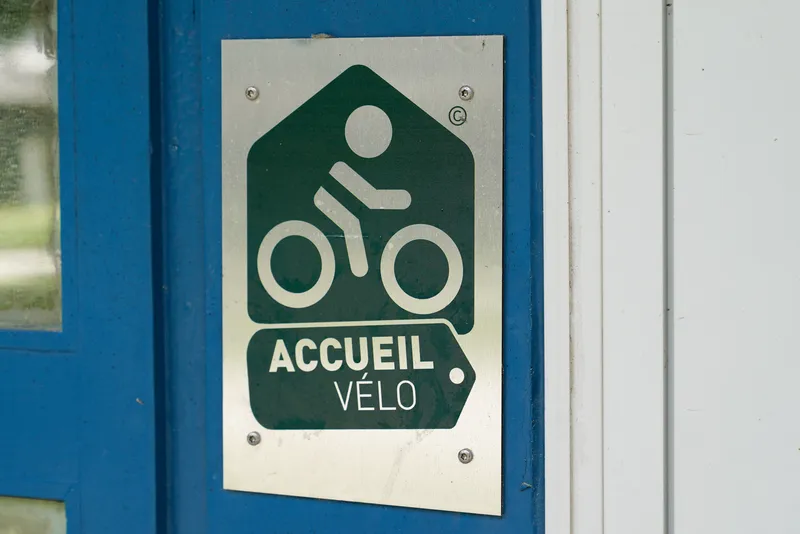Technology supplier Royal Imtech (Imtech) has announced an agreement with the Flemish transport authority De Lijn for improvement of Antwerp’s sustainable public infrastructure. The Livan 1 Antwerp design, build, finance and maintain (DBFM) tram project will be implemented by a consortium called NV Livan Infrastructure comprising Lijninvest as a public shareholder and Poseidon Infrastructure (Imtech, Denys and Macquarie Capital Group) as a private partner. The total investment is around US$132 million. M
December 20, 2012
Read time: 2 mins
Technology supplier Royal Imtech (769 Imtech) has announced an agreement with the Flemish transport authority 840 De Lijn for improvement of Antwerp’s sustainable public infrastructure.
The Livan 1 Antwerp design, build, finance and maintain (DBFM) tram project will be implemented by a consortium called NV Livan Infrastructure comprising Lijninvest as a public shareholder and Poseidon Infrastructure (Imtech, Denys and802 Macquarie Capital Group) as a private partner. The total investment is around US$132 million. Macquarie Capital is financial advisor to Livan Infrastructure, Denys will provide civil engineering and construction, and Imtech will be responsible for all technical solutions.
The Livan 1 Antwerp tram project will improve and expand tram services and infrastructure around Antwerp for a period of 25 years. Several initiatives are to be undertaken, including a new tram route using existing tunnels and tram stations to be constructed as part of the Antwerp mobility master plan, enabling passengers to travel from the park and ride station in Wommelgem to Antwerp central station in fifteen minutes.
The ultimate objective of this and other initiatives is that by 2020, half of all travel in the Antwerp area will be via public transport, on foot or by cycle.
Imtech will deliver automated control and automatic train signalling, camera and telecommunications solutions, heating, ventilation and air conditioning (HVAC) in the stations, sustainable lighting and all fire prevention systems in the tunnels. Imtech will also be responsible for technical maintenance and management for a 25 year period.
René van der Bruggen, CEO of Imtech says, ‘This contract demonstrates that, as part of Livan Infrastructure, we are able to bring complex technological public infrastructure developments and accessibility improvements in and around large cities such as Antwerp to an operational and well-considered plan of approach.’
The Livan 1 Antwerp design, build, finance and maintain (DBFM) tram project will be implemented by a consortium called NV Livan Infrastructure comprising Lijninvest as a public shareholder and Poseidon Infrastructure (Imtech, Denys and
The Livan 1 Antwerp tram project will improve and expand tram services and infrastructure around Antwerp for a period of 25 years. Several initiatives are to be undertaken, including a new tram route using existing tunnels and tram stations to be constructed as part of the Antwerp mobility master plan, enabling passengers to travel from the park and ride station in Wommelgem to Antwerp central station in fifteen minutes.
The ultimate objective of this and other initiatives is that by 2020, half of all travel in the Antwerp area will be via public transport, on foot or by cycle.
Imtech will deliver automated control and automatic train signalling, camera and telecommunications solutions, heating, ventilation and air conditioning (HVAC) in the stations, sustainable lighting and all fire prevention systems in the tunnels. Imtech will also be responsible for technical maintenance and management for a 25 year period.
René van der Bruggen, CEO of Imtech says, ‘This contract demonstrates that, as part of Livan Infrastructure, we are able to bring complex technological public infrastructure developments and accessibility improvements in and around large cities such as Antwerp to an operational and well-considered plan of approach.’









